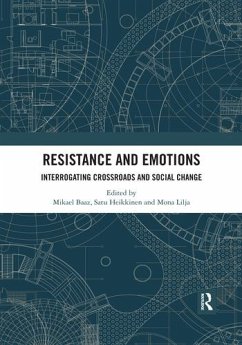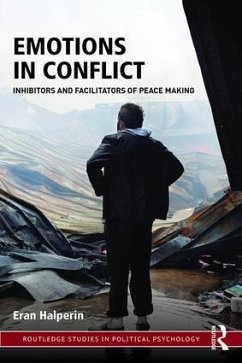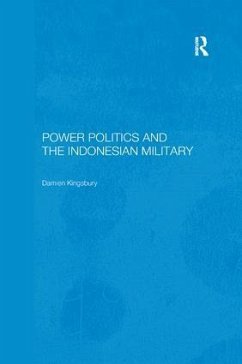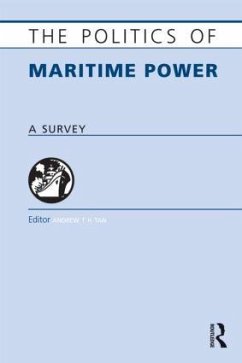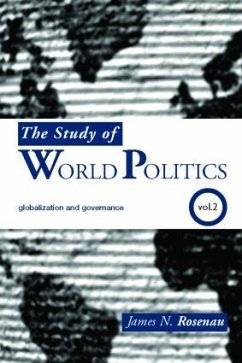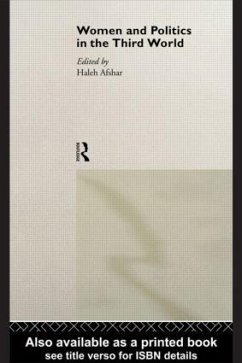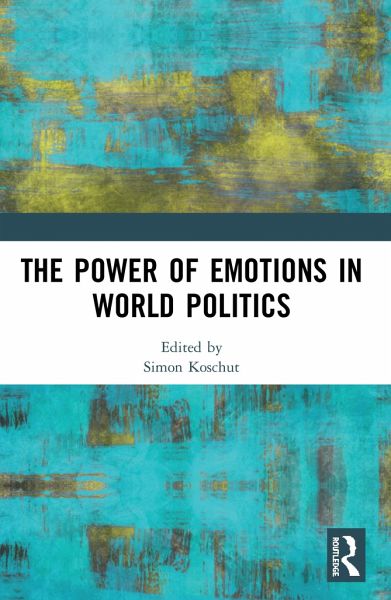
The Power of Emotions in World Politics
Versandkostenfrei!
Versandfertig in 1-2 Wochen
60,99 €
inkl. MwSt.
Weitere Ausgaben:

PAYBACK Punkte
30 °P sammeln!
This book argues that the link between emotions and discourse provides a new and promising framework to theorize and empirically analyse power relationships in world politics.Examining the ways in which discourse evokes, reveals, and engages emotions, the expert contributors argue that emotions are not irrational forces but have a pattern to them that underpins social relations. However, these are also power relations and their articulation as socially constructed ways of feeling and expressing emotions represent a key force in either sustaining or challenging the social order. This volume goe...
This book argues that the link between emotions and discourse provides a new and promising framework to theorize and empirically analyse power relationships in world politics.
Examining the ways in which discourse evokes, reveals, and engages emotions, the expert contributors argue that emotions are not irrational forces but have a pattern to them that underpins social relations. However, these are also power relations and their articulation as socially constructed ways of feeling and expressing emotions represent a key force in either sustaining or challenging the social order. This volume goes beyond the "emotions matter" approach to offer specific ways to integrate the consideration of emotion into existing research. It offers a novel integration of emotion, discourse, and power and shows how emotion discourses establish, assert, challenge, or reinforce power and status difference.
It will be particularly useful to university researchers, doctoral candidates, and advanced students engaged in scholarship on emotions and discourse analysis in International Relations.
Examining the ways in which discourse evokes, reveals, and engages emotions, the expert contributors argue that emotions are not irrational forces but have a pattern to them that underpins social relations. However, these are also power relations and their articulation as socially constructed ways of feeling and expressing emotions represent a key force in either sustaining or challenging the social order. This volume goes beyond the "emotions matter" approach to offer specific ways to integrate the consideration of emotion into existing research. It offers a novel integration of emotion, discourse, and power and shows how emotion discourses establish, assert, challenge, or reinforce power and status difference.
It will be particularly useful to university researchers, doctoral candidates, and advanced students engaged in scholarship on emotions and discourse analysis in International Relations.






